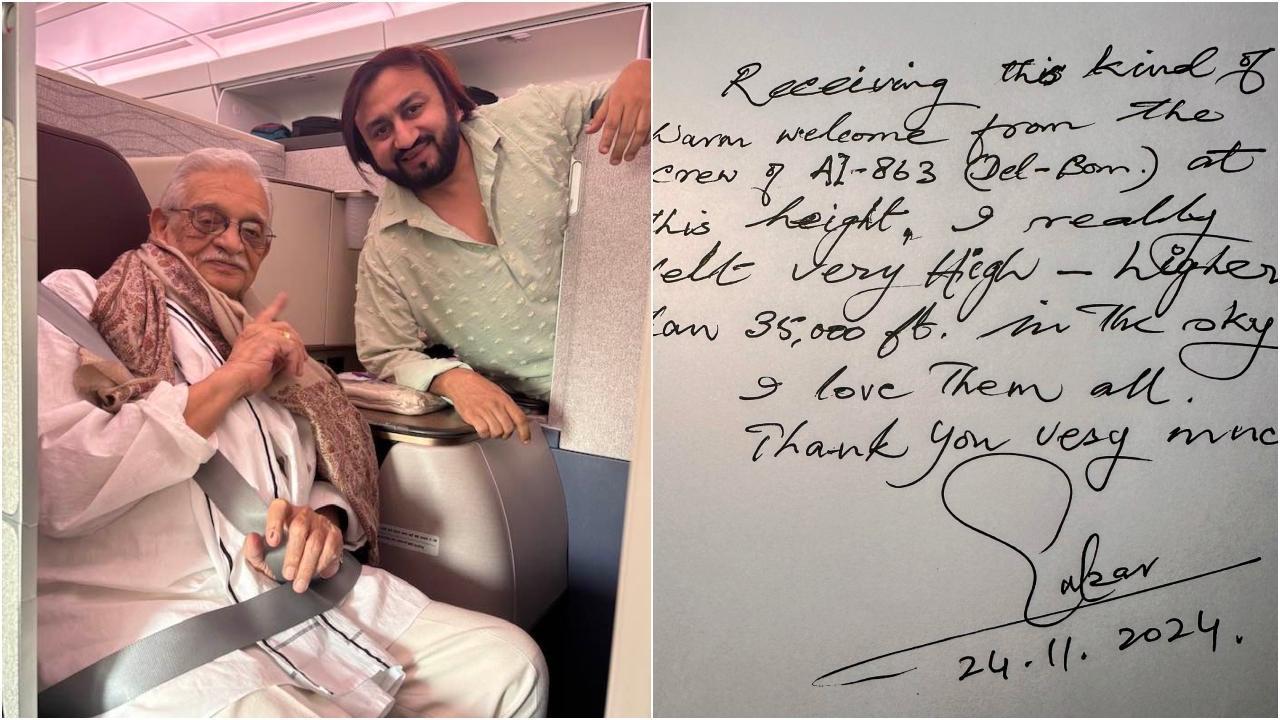
The cinematic landscape has been profoundly shaken by the recent release of ‘Bastar: The Naxal Story,’ a film that has received an overwhelmingly positive reception from viewers and critics alike since its early screenings and initial release. The raw portrayal of Maoist violence in the movie has struck a chord, compelling audiences to confront the brutal truths of a saga often left untold.
As the film rolled out into theaters, social media became awash with reactions from individuals who had been deeply moved by the stark revelations it presented. The emotional resonance of the film is unmistakable, with many netizens expressing how they were brought to tears by the harrowing narratives that unfolded on screen.
A tweet from Shefali Vaidya typifies the profound effect ‘Bastar: The Naxal Story’ has on those who watch it: “Still disturbed after watching #BastarTheNaxalStory. It is a gut-wrenching, soul-searing film that lays bare the anatomy of Maoist violence. Every incident of violence shown in the movie has happened in real life, in a much more brutal way, including the brutal slaughter of Salwa…”
The sentiments shared by Ratan Sharda reveal the intensity of the film’s grip on viewers: “Saw preview of #BastarTheNaxalStory – relentless, grim, mind-numbing – as brutal as the Maoists, as determined as the police & CRPF forces. Haunting music & songs. @adah_sharma lives the role of IPS officer. Great support by the local cast. Watch with stout heart & feel the evil.”
The film’s courageous approach to storytelling, diving into real events often shrouded from the public eye, has drawn praise similar to that the creators received for a previous project titled ‘#TheKeralaStory’. Many have commended them for their bravery in shedding light on these poignant, unspoken stories.
Adah Sharma’s role as IPS Neerja Madhavan, in particular, has garnered widespread acclaim, with her performance termed nothing short of extraordinary. In several instances, the film’s depiction of the harsh reality elicited standing ovations at screenings, with viewers being profoundly impacted by the film’s honesty and vibrancy.
Under the production helm of Vipul Amrutlal Shah’s Sunshine Pictures and with co-production by Aashin A. Shah, the film has been guided by the assured direction of Sudipto Sen. Adah Sharma’s lead role as the resilient IPS officer has emerged as a defining feature of the film’s narrative and thematic depth.
‘Bastar: The Naxal Story’ has not only succeeded in telling a chilling and necessary tale but has also effectively catalyzed a conversation around the issue of Naxal violence—a subject that, until now, has often been relegated to whispers rather than open conversation. It is a bold invitation to audiences across the globe to engage with a part of India’s history that remains agonizingly alive and raw.
The creators’ intense devotion to authenticity and storytelling reflects a larger shift in the Indian film industry towards embracing narratives that demand attention to the more uncomfortable aspects of society. The cinematic experience offered by ‘Bastar: The Naxal Story’ is unflinchingly realistic, and viewers are encouraged to prepare themselves for a film that is as gripping and powerful as it is revelatory.
As the film continues to screen in cinemas worldwide, the discourse it generates is a testament to the power of film as a medium of truth-telling and societal reflection. With the dust yet to settle on the powerful waves it has created, ‘Bastar: The Naxal Story’ has undeniably etched itself into the annals of films that have made a difference, leaving an indelible mark on those who have witnessed its unbridled portrayal of reality.










